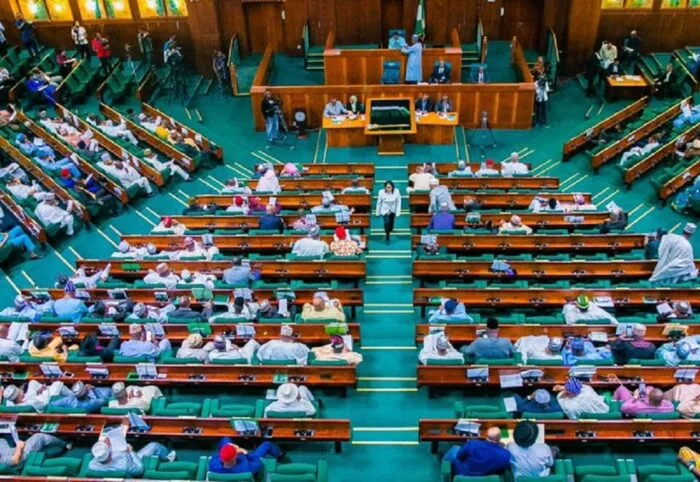The House of Representatives’ Public Accounts Committee (PAC) has intensified its efforts to recover outstanding debts owed to the Federal Government by oil and gas companies operating in Nigeria. The committee, leveraging findings from the Auditor-General’s reports and data from the Nigerian Upstream Petroleum Regulatory Commission (NUPRC), has recovered an additional ₦11.49 billion, bringing the total recovered sum to an impressive ₦61.5 billion. This recent recovery underscores the committee’s commitment to ensuring accountability and transparency within the oil and gas sector, a critical revenue source for the nation. The recovered funds represent a significant step towards bolstering government revenue and addressing critical funding needs across various sectors.
This latest tranche of recovered funds comprises payments from several companies, including Platform Petroleum Ltd (₦291.29 million), Midwestern Oil and Gas (₦1.17 billion), Seplat Energies (₦1.58 billion), Aradel Holdings (₦6.1 billion), Network Exploration & Production (₦775 million), and Shoreline Resources Ltd (₦1.55 billion). The PAC’s meticulous investigation and persistent pursuit of these debts demonstrate its dedication to safeguarding public funds and ensuring that companies operating within Nigeria’s borders fulfill their financial obligations. This proactive approach not only recovers lost revenue but also sends a strong message about the government’s commitment to financial probity and responsible resource management.
Despite these successes, the committee expressed deep concern over the continued non-compliance of several other oil and gas companies. These companies, collectively owing over $384 million and ₦325.7 million, have repeatedly ignored invitations to appear before the committee, raising serious questions about their commitment to transparency and adherence to Nigerian law. This blatant disregard for regulatory oversight undermines the government’s efforts to manage its resources effectively and raises concerns about potential revenue leakage within the oil and gas sector. The PAC’s frustration with these recalcitrant companies highlights the challenges faced in enforcing financial regulations and holding powerful corporate entities accountable.
Among the defaulters are prominent players in the Nigerian oil and gas industry, including Neconde Energy Ltd ($110.5 million and ₦325.7 million), Heirs Holdings ($137.7 million), AITEO Ltd ($34.8 million), Continental Oil & Gas Ltd ($31 million), General Hydrocarbon ($28.4 million), Energia Ltd ($19.5 million), Waltersmith OML 16 ($8.7 million), Bilton ($5 million), Pillar Oil Ltd ($4.6 million), Millennium Oil and Gas Ltd ($2.07 million), Conoil Producing Ltd ($1.1 million), and Frontier OML 13 ($952,216.51). The substantial amounts owed by these companies underscore the significant revenue loss the government faces due to non-compliance. Their failure to cooperate with the PAC’s investigation further raises concerns about the potential scale of unrecovered debts within the sector.
Bamidele Salam, the Chairman of the PAC, issued a stern warning to the defaulting companies, emphasizing the committee’s resolve to hold them accountable. He stressed that the committee would not tolerate any attempts to evade responsibility and that the licenses of non-compliant companies were at risk of revocation. This strong stance signals the government’s determination to enforce regulations and ensure that all companies operating in Nigeria adhere to the law. The threat of license revocation serves as a powerful deterrent and underscores the seriousness with which the government views this issue. Salam’s statement emphasizes that no company is above the law and that the withheld funds are crucial for the nation’s development.
The PAC’s ongoing efforts to recover outstanding debts from oil and gas companies highlight the importance of robust oversight and regulatory enforcement within the sector. The recovered funds will undoubtedly contribute to national development, while the strong stance taken against non-compliant companies sends a clear message about the government’s commitment to transparency and accountability. The committee’s actions serve as a crucial step towards ensuring a more responsible and financially sound oil and gas sector in Nigeria. The continued pursuit of these debts and the potential revocation of licenses for non-compliant companies underscore the government’s determination to protect its revenue streams and foster a climate of compliance within the industry.














